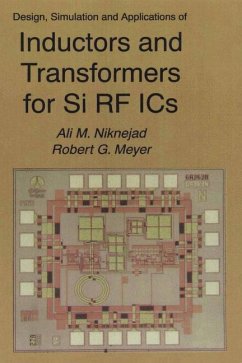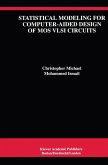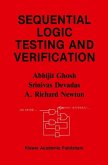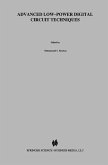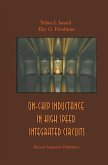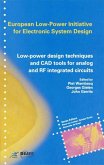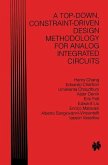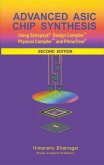The modern wireless communication industry has put great demands on circuit designers for smaller, cheaper transceivers in the gigahertz frequency range. One tool which has assisted designers in satisfying these requirements is the use of on-chip inductiveelements (inductors and transformers) in silicon (Si) radio-frequency (RF) integrated circuits (ICs). These elements allow greatly improved levels of performance in Si monolithic low-noise amplifiers, power amplifiers, up-conversion and down-conversion mixers and local oscillators. Inductors can be used to improve the intermodulation distortion performance and noise figure of small-signal amplifiers and mixers. In addition, the gain of amplifier stages can be enhanced and the realization of low-cost on-chip local oscillators with good phase noise characteristics is made feasible. In order to reap these benefits, it is essential that the IC designer be able to predict and optimize the characteristics of on-chip inductiveelements.Accurate knowledge of inductance values, quality factor (Q) and the influence of ad- cent elements (on-chip proximity effects) and substrate losses is essential. In this book the analysis, modeling and application of on-chip inductive elements is considered. Using analyses based on Maxwells equations, an accurate and efficient technique is developed to model these elements over a wide frequency range. Energy loss to the conductive substrate is modeled through several mechanisms, including electrically induced displacement and conductive c- rents and by magnetically induced eddy currents. These techniques have been compiled in a user-friendly software tool ASITIC (Analysis and Simulation of Inductors and Transformers for Integrated Circuits).
Bitte wählen Sie Ihr Anliegen aus.
Rechnungen
Retourenschein anfordern
Bestellstatus
Storno

